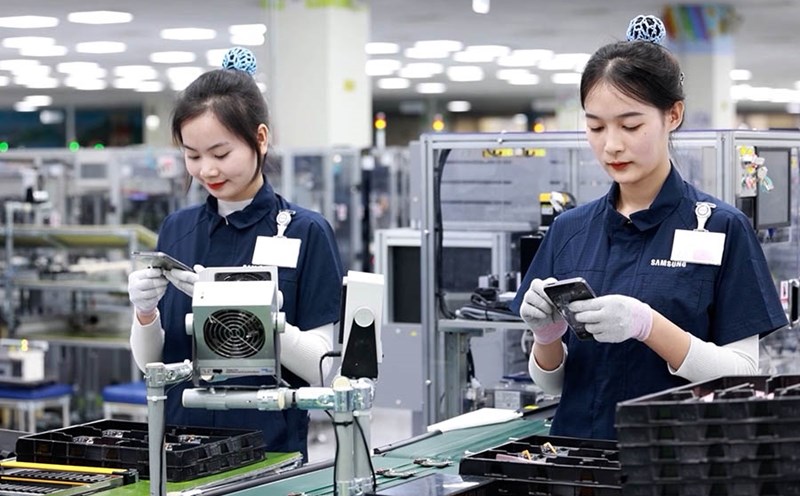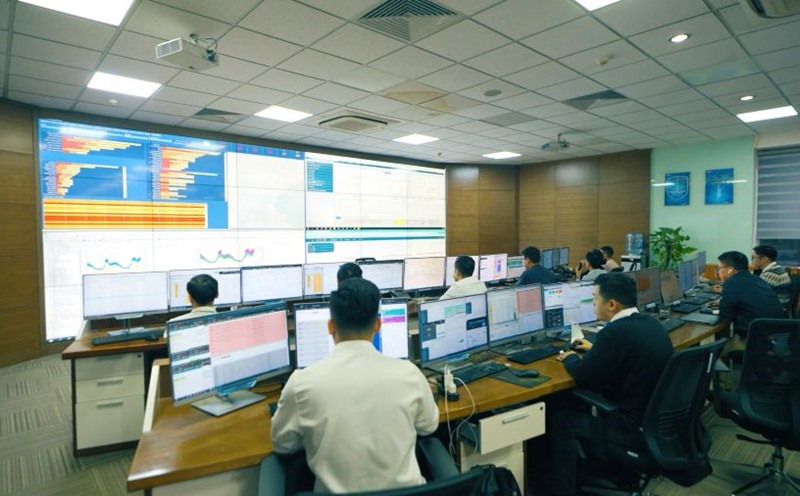In the article, the General Secretary emphasized: "Digital transformation must truly be a revolution that brings the country into a new era - the era of the Vietnamese people's rise".
The General Secretary also raised very new issues: Digital transformation is essentially the process of establishing a new, advanced and modern production method - "digital production method", in which the characteristic of the productive force is the harmonious combination of humans and artificial intelligence.
In the digital transformation process, technology is a tool, data is an ingredient, but digital humanity is the deciding factor for success or failure. Vietnam has set a goal of becoming a digital country by 2030 and Resolution 57-NQ/TW of the Politburo clearly affirmed: Science, technology, innovation and digital transformation are strategic breakthroughs. In fact, up to now, the issue of digital human resources and green human resources to meet development requirements still poses challenges.
According to TopDev's report, Vietnam currently needs about 700,000 IT human resources, while there are only about 530,000 people, meaning a shortage of nearly 170,000 people. More seriously, only about 30% of IT graduates immediately meet the job requirements; the majority of the rest need to undergo training.
The reason is not only the inadequate number of training, but also the quality and skills that have not been met. The ability to work in groups, manage projects, and think creatively is still one of the weaknesses of many young workers.
If we do not quickly fill the humanity gap, we will miss the "golden opportunity" to make a breakthrough, especially in the context of the digital economy, green economy, semiconductor industry, AI... opening up opportunities for remarkable growth.
To have digital human resources to meet the requirements of digital transformation, a closely linked training ecosystem is needed between the three "State - School - Employer" houses. The State plays a role in institution building, financial support, encouraging international cooperation and having policies to attract and retain technology talents. Schools must be places that continuously update training programs, enhance training in soft skills, foreign language skills and lifelong self-study ability. And finally, employers, here must understand that they are businesses, need to participate right from the stage of designing programs, providing a practical environment, ordering training and receiving interns.
Without this combination, the link in the process of training human resources for digital transformation will be broken. It is also impossible not to mention the self-transforming role of workers. In the context and trend of global digital transformation, workers in addition to basic vocational skills also need to be more proactive, creative and capable of working with digital tools and artificial intelligence more. This is also a foundation to provide human resources to serve the semiconductor industry, green economy, and circular economy.
Building digital human resources and green human resources must become an urgent step. Because more than ever, high-quality human resources are becoming an important competitive advantage in the process of economic development.











